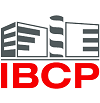During pathophysiological processes, cells are exposed to a wide variety of chemical, physical, and biological stresses. Although these stresses differ in nature and intensity, they are generally integrated through molecular signaling networks that mobilize common sensors and effectors. This integration leads to the activation of complex adaptive programs aimed at restoring cellular homeostasis or, failing that, engaging alternative pathways such as senescence, phenotypic plasticity, or cell death. These responses determine not only the fate of individual cells but also influence the architecture and dynamics of the surrounding tissues. In certain contexts, this modulation of the microenvironment can contribute to the disruption of tissue homeostasis and promote the initiation or progression of chronic inflammatory and malignant diseases, ultimately leading to clinically irreversible stages.
Our team investigates the molecular mechanisms that detect and integrate microenvironmental stress signals altering protein and RNA homeostasis. Such perturbations, sensed in particular at the level of the ribosome during elongation, trigger adaptive signaling pathways (such as GCN2 or the ribotoxic stress response) that shape cell trajectories and foster phenotypic heterogeneity. We analyze the transcriptional and translational dynamics of these responses under physiological conditions, where they support tissue homeostasis, and under pathological conditions, where their deregulation promotes adaptive plasticity and therapeutic resistance. Comprising both research scientists and clinicians, our goal is to identify adaptive networks and their vulnerabilities in order to develop clinically relevant strategies that limit the progression of chronic inflammatory and malignant diseases.
Research axes:
- Characterization of non-canonical mechanisms of the RNA damage response and analysis of their involvement in pathophysiology.
- Identification and functional study of chemical modulators targeting the RNA damage response.
Keywords: Stress signaling (UV, metabolic, oxidative, and therapeutic stress), inflammation, senescence, protein synthesis, fibrosis.
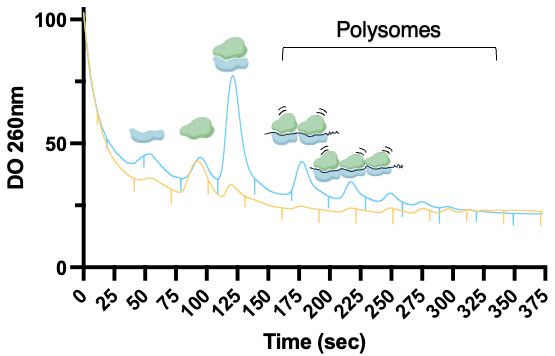
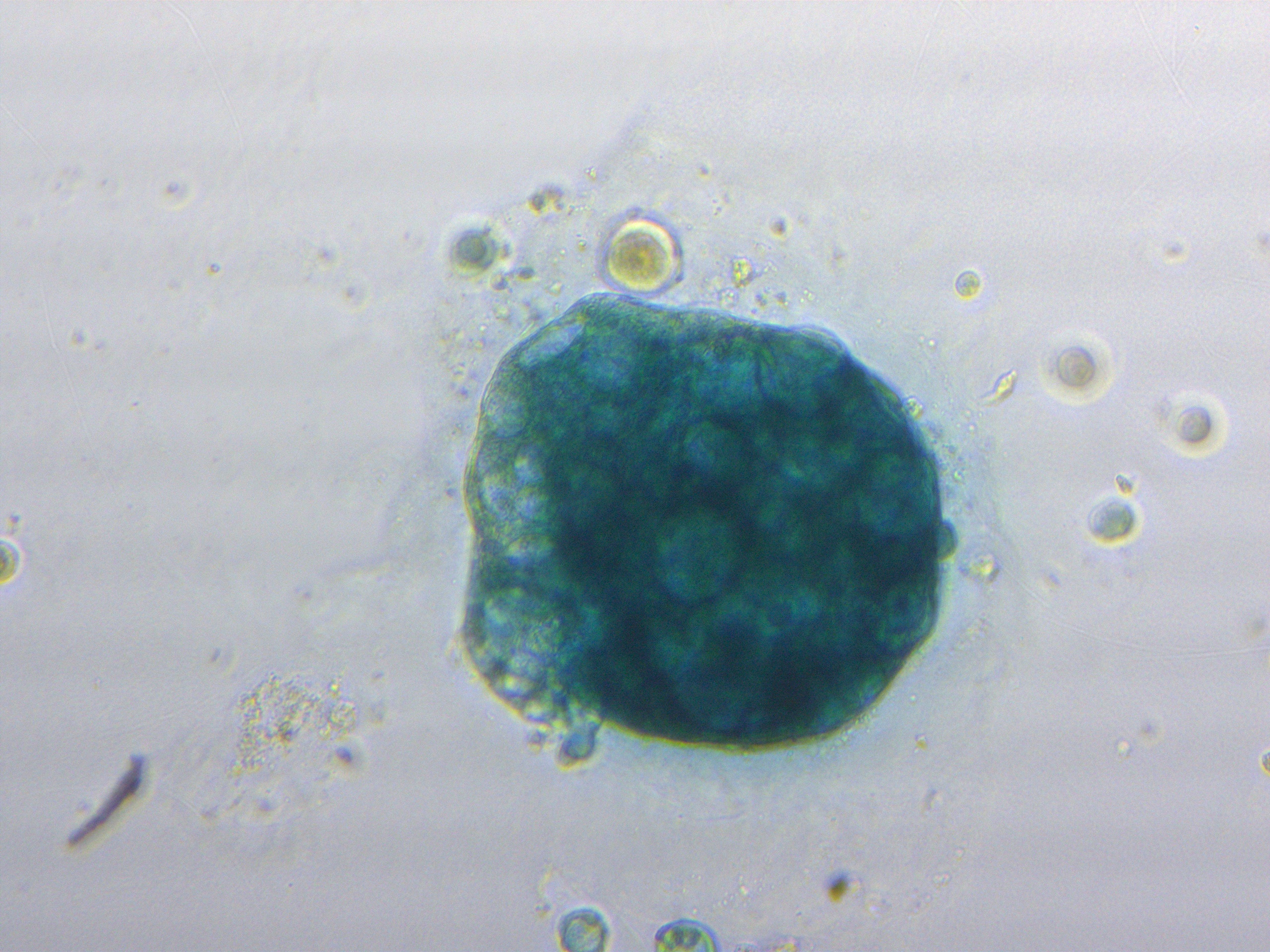

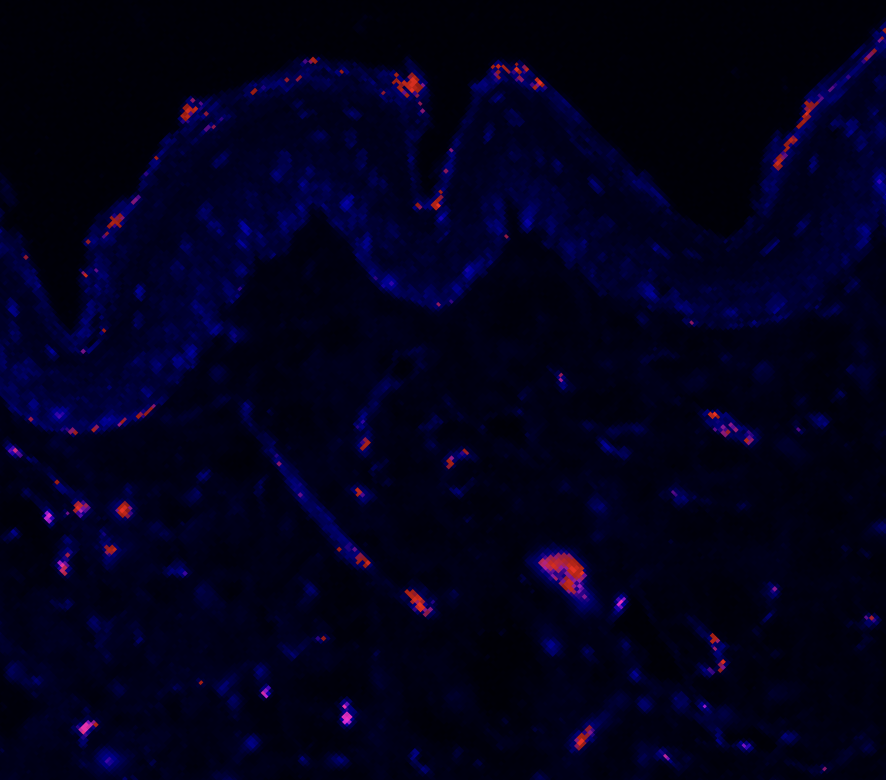
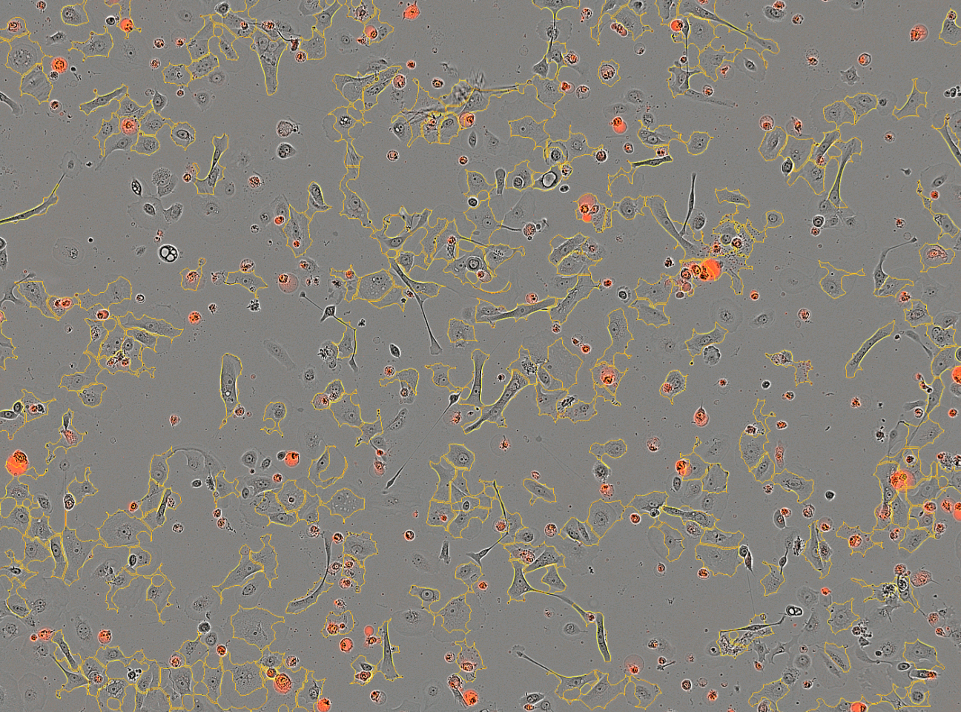
Contacts :
Equipe : Microenvironment stress signaling and epithelial cell fate
Laboratoire de Biologie Tissulaire et Ingénierie thérapeutique
UMR 5305 – Université Claude Bernard Lyon 1 -CNRS
Institut de Biologie et Chimie des Protéines
7, passage du Vercors 69367 LYON CEDEX 07, FRANCE
E-mail : cedric.chaveroux@cnrs.fr


Linkedin profil:

Research Gate profil :



